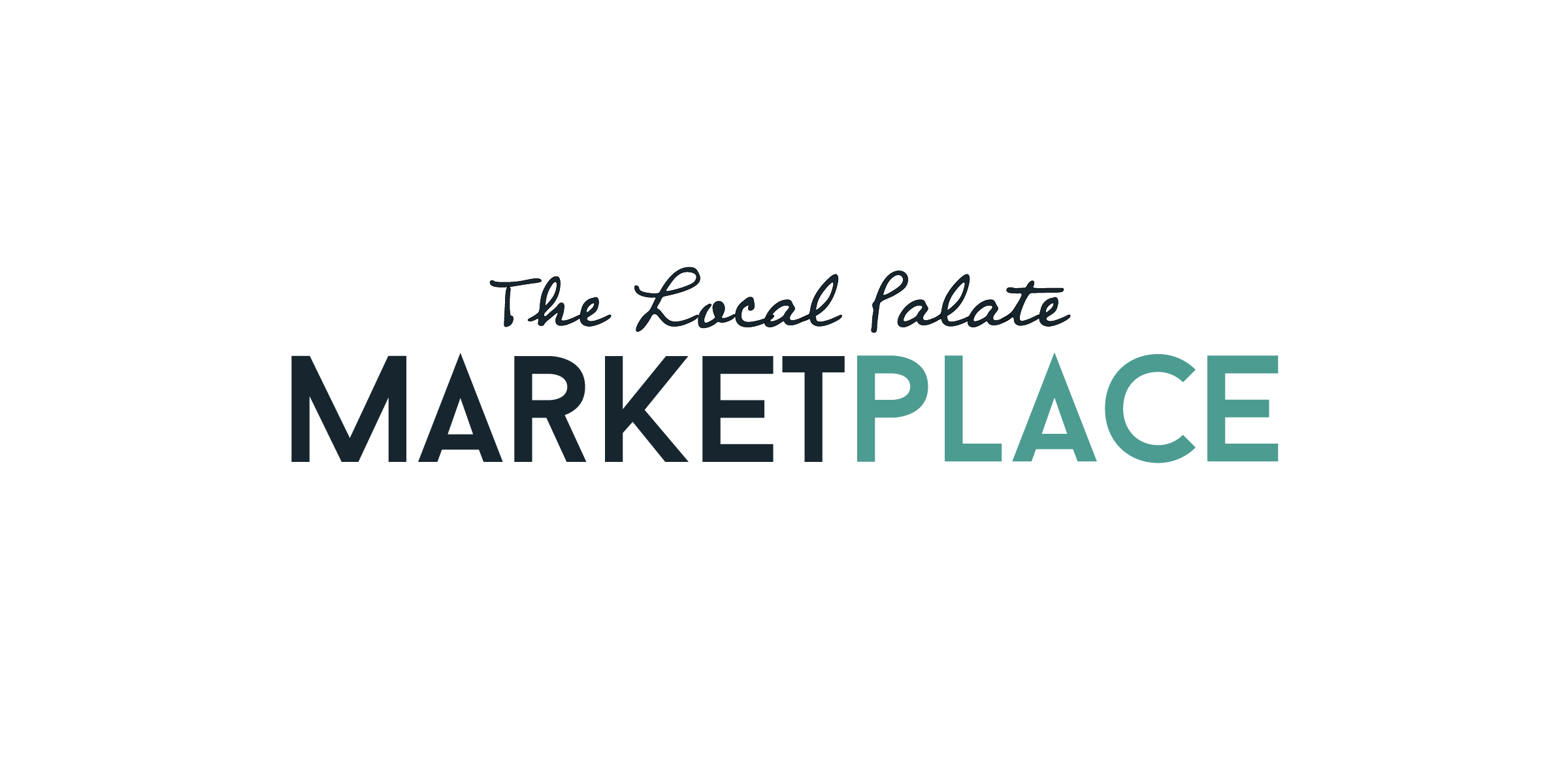RESETTING THE TABLE:
CREAKING OPEN THE DOORS
The path forward for restaurants and bars around the South, indeed across the country, has been anything but linear during the COVID-19 pandemic. After enduring months of government-mandated closures and periods of limping along while depending on carryout or delivery models, many restaurants were finally granted a bit of a reprieve as states allowed them to reopen their dining rooms at limited capacity.
The results of these developments have been spotty, and with little true guidance from government or health authorities, restaurateurs have been forced to figure many things out on the fly. Balancing the need for revenue with the safety of their staff and patrons has added another layer of stress to the industry, not to mention the desire to offer the sort of hospitality that is at the core of each restaurateur’s very being. We talked to four chef-owners from Tennessee, North Carolina, Georgia, and Kentucky to see how they are handling the transition back to in-house dining, from how their businesses are living up to projections and what they wish they knew in March that they do now, to their benchmarks for getting back to “normal.” Here are their stories:
Deborah VanTrece
opened a second act on her career after years traveling the world as a flight attendant. After graduating as the valedictorian of her culinary class at the Art Institute of Atlanta, she worked her way around the city, taking catering gigs and popularizing her brand of global soul food at her own restaurants. Her most recent venture has been Twisted Soul Cookhouse and Pours, voted among Atlanta’s best new restaurants when it opened in 2016. After decades of success and experience, even VanTrece was surprised by the obstacles that the pandemic presented.

“It’s been a rollercoaster, as you can imagine,” she recalls. “We made the early decision on our own to close the first week of March before it was mandated. We were seeing that this wasn’t going to work safely and that we needed to re-evaluate. We reopened within a week to provide meals for laid off industry workers and healthcare workers. Then we instituted a ‘pay what you can’ model to feed members of the community. I just wanted to cook for people who needed it more than people who could pay for it.”
Generous local companies like Mercedes Benz pitched in to help defray the costs of feeding 300 meals per month for frontline workers, while at the same time VanTrece looked at ways to expand her revenue. She explains, “I had another business concept about six years prior, a sort of carryout chicken concept with farm-to-table vegetables. I thought that might be the most viable thing to do out of this space during the pandemic, and we ran with that for about a month and a half.”

Then, the riots and protests began. Atlanta rose up to demand social justice in the wake of the death of George Floyd, and VanTrece realized that there were more important things than trying to eke out a living serving chicken to go. She relates, “We immediately felt the need to do something positive for the community, to provide the space where black customers could walk into proudly and see someone representing their food and culture. We closed during the protests and decided to reopen and reinstate the Twisted Soul menu on Juneteenth. That was a very important date to us, and we were determined to recognize it.”
Since returning in dining room service, the results have been quite positive both monetarily and, more importantly, symbolically. The chef shares, “Sales are better than what they were with anything else we had tried previously. Even with only half our seats available, we are only off about 20% from our pre-COVID numbers and climbing. We brought back most of our staff and even had to hire some new employees.”

Support also came in the form of a grant from the James Beard Foundation that VanTrece used to make improvements to her restaurant, specifically changes to upgrade staff and guest safety including cubicle-like plexiglass barriers surrounding tables and a UV air filtration system for the entire space. VanTrece describes another amazing display of community support, recounting, “A local restaurant got looted during the protests, and someone started a GoFundMe for him. He received quite a bit of money and split it up among black-owned businesses. Then we shared some of what we got from that with other businesses to pay it forward.”

As the number of COVID-19 infections continues to rise at an alarming rate in Georgia and many other states, VanTrece has kept a close eye on the numbers as she makes future plans, despite all the safety improvements she has already made to her business. “The expense of safety is there,” she explains, “the gloves, the masks, all our silverware roll ups go into plastic, and I got to thinking ‘How much plastic are we using?’ We know we’re probably wreaking havoc on the environment, so now we’re looking for recyclables. Flexibility is key.”
She continues, “I’m in no rush to move any quicker. We’re not paying all our bills, but we’re giving ourselves a chance. From the very beginning of this in March we realized that we were going to be left to figure this out on our own. There’s no book written to tell you how to get through a pandemic, and we all realized that we’re on our own. I think a little bit clearer now, and I’m getting better at being proactive rather than reactive. I’ve finally realized ‘ain’t nobody gonna help you, girl!’”
Resetting the Table: Creaking Open the Doors
Past Interviews Upcoming Interview



share
trending content
-
Get To Know Roanoke, Virginia
-
Shrimp and Grits: A History
by Erin Byers Murray -
New Myrtle Beach Restaurants Making Waves
-
FINAL VOTING for Your Favorite Southern Culinary Town
-
New Restaurants in Arkansas
More From In the Field
-
Kohlrabi: Pretty Ugly
-
Meet the Newest James Beard Award Winners from the South | Listen
-
OKO Brings Filipino Soul to East Austin | Listen
-
The Local Palate’s Guide to Chattanooga | Video
-
Find Your Top Dry Bar in the South | Listen









